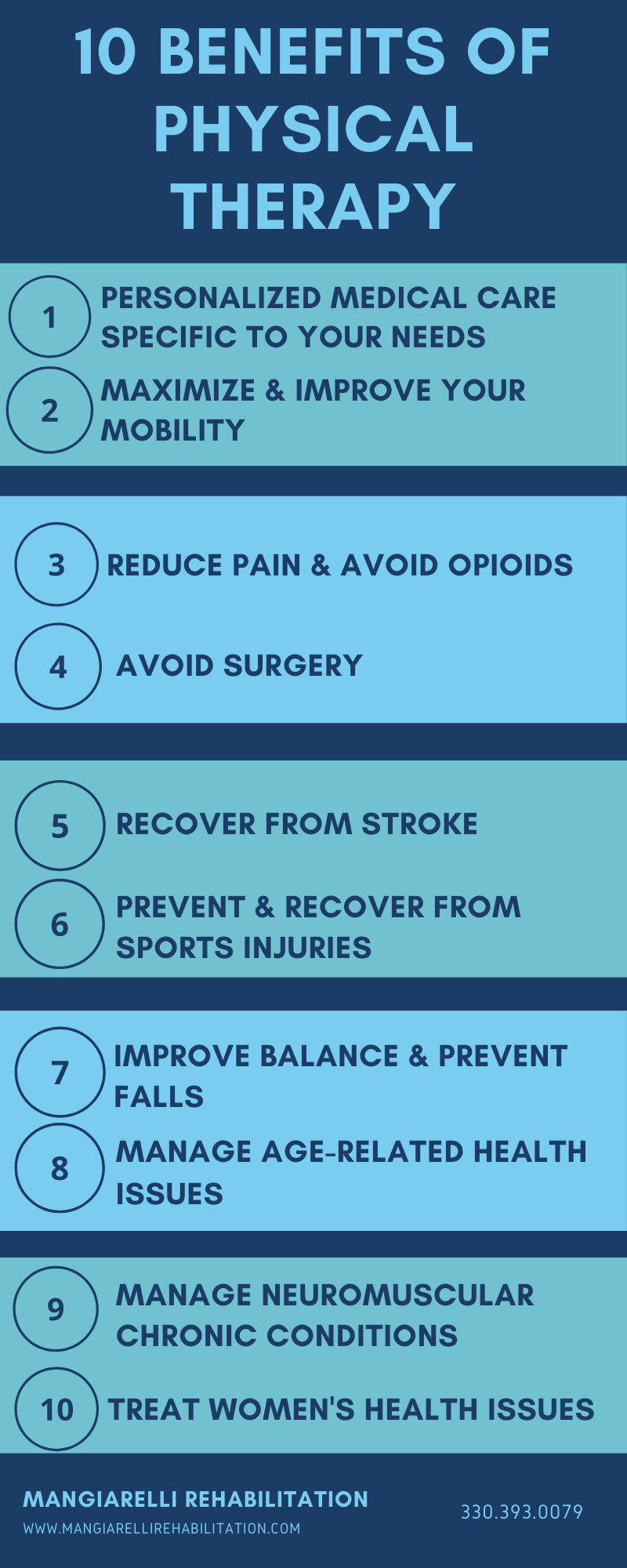The Single Strategy To Use For Narconon Africa
Table of ContentsThe Ultimate Guide To Narconon AfricaThe Greatest Guide To Narconon AfricaThe smart Trick of Narconon Africa That Nobody is Talking AboutThe Facts About Narconon Africa RevealedRumored Buzz on Narconon AfricaHow Narconon Africa can Save You Time, Stress, and Money.Rumored Buzz on Narconon Africa
In a collection of documents with Manudeep Bhuller and Katrine V. Lken, we overcome these information challenges and the nonrandomness of imprisonment, providing new understandings right into exactly how imprisonment impacts relapse, work, youngsters, and criminal networks - Detoxification program. Figure 1 Our work researches the impacts of imprisonment in Norway, a setting with two crucial advantagesWe can even more link this info to various other household participants, including kids and siblings. Furthermore, we know on co-offending that allows us to draw up criminal networks for observed crimes. Second, we can utilize the random project of criminal situations to judges who differ in their tendencies to send out accuseds to jail.
Some courts send accuseds to prison at a high price, while others are much more forgiving. We measure a court's stringency as the ordinary incarceration price for all various other cases a judge handles, after controlling for court and year set impacts, which is the degree of random assignment. This quasi-random task of judge stringency can be utilized as an instrument for incarceration, as it highly predicts the judge's choice in the present situation, yet is uncorrelated with various other instance features both by style and empirically.
The Buzz on Narconon Africa
Attributes of prisoners, including demographics and criminal activity classifications, are extensively similar in Norway and other countries, consisting of the United States, with the exceptions that the US murder price is much greater, and race plays a bigger function there as well. What attracts attention as different, particularly compared with the USA, is the jail system.
Number 2In Norway, the average time spent in jail is a little over 6 months, which is similar to most other Western European nations. This contrasts with average United States prison time of virtually 3 years, which remains in big part the reason the USA is an outlier in its incarceration rate compared to the remainder of the globe [Figure 1]
Some Known Factual Statements About Narconon Africa
This offers much more separation between small and hard offenders than exists in the USA. There is no congestion in Norwegian prisons and much better personal security, with each detainee being designated to their very own cell and a higher inmate-to-staff ratio than in the United States (https://giphy.com/channel/narcononza12). Jails in Norway also offer well-funded education and learning, medication treatment, psychological wellness, and job training programs
Our study on the results of imprisonment on the transgressor, utilizing the random project of courts as an instrument, returns three key searchings for. First, jail time prevents additionally criminal actions. We find that imprisonment lowers the chance that an individual will reoffend within 5 years by 27 percentage factors and decreases the equivalent number of criminal costs per individual by 10 charges.
Not known Incorrect Statements About Narconon Africa
We find large decreases in reoffending chances and cumulative billed crimes even after defendants are released from prison. Our second result is that predisposition because of selection on unobservable individual attributes, if neglected, brings about the incorrect verdict that time spent behind bars is criminogenic. If we merely compare criminal defendants sent out to prison versus those not imprisoned, we find favorable associations between imprisonment and succeeding criminal offense.
This stands in contrast to our analysis based upon the arbitrary assignment of judges, which locates an opposite-signed Our site outcome. Third, the decrease in criminal activity is driven by individuals who were not working prior to imprisonment. Among these individuals, jail time increases participation in programs directed at improving employability and lowering regression, and this inevitably elevates work and revenues while discouraging criminal actions.

Jail time causes a 34 percent factor boost in involvement in task training programs for the previously nonemployed, and within 5 years their work price increases by 40 percentage factors. At the same time, the likelihood of reoffending within five years is reduced by 46 percent factors, and there is a decrease of 22 in the typical number of criminal fees.
The Buzz on Narconon Africa

A possible description for the distinction is that Norway's jail system differs considerably, both in regards to prison-term size and prison problems, from the United States prison system. While comprehending the results of imprisonment on the transgressor is a crucial initial step, capturing spillover impacts is likewise important for examining criminal justice policy and developing reliable jail systems.
Fascination About Narconon Africa

Regular least squares estimates reveal that children of incarcerated fathers are 1 percent factor most likely to be billed with a criminal offense, about a mean of 13 percent, and reveal no result on college qualities. Using our court stringency tool, we discover no statistical proof that a papa's imprisonment impacts a child's own crime or college qualities, yet we are unable to eliminate modest-sized results.
The Buzz on Narconon Africa
We specify criminal groups based upon network links to previous criminal instances. Our analysis returns three major findings. First, when a criminal network member is incarcerated, their peers' chance of being charged with a future criminal activity decreases by 51 percentage factors over the next four years. Having an older sibling put behind bars lowers the probability his younger sibling will certainly be charged with a criminal offense by 32 portion factors over the following four years.